
Asia Cup 2025 Handshake Controversy: Why Principles Matter for India - And for Water
OYF Team Sep 16, 2025 Environment & Sustainability 930
The Asia Cup 2025 India–Pakistan handshake controversy was more than a cricketing headline—it highlighted the importance of principles over gestures. Just as India refuses to compromise with terrorism, it must also refuse to compromise with pollution. Discover how this sporting incident teaches powerful lessons for water pollution control and the importance of water recycling in India.
Read More
Engineer’s Day 2025: Shaping a Sustainable Future Through Water and Wastewater Innovation
OYF Team Sep 15, 2025 Environment & Sustainability 755
On Engineer’s Day 2025 (15 September), we honor Sir Mokshagundam Visvesvaraya and the transformative role of engineers in building a sustainable future. In a world facing water scarcity, climate change, and urban challenges, water and wastewater engineers stand at the forefront — innovating solutions in wastewater recycling, smart water management, and sustainable infrastructure.
This Engineer’s Day, let’s celebrate not just engineering achievements, but the mission to ensure clean and safe water for all.
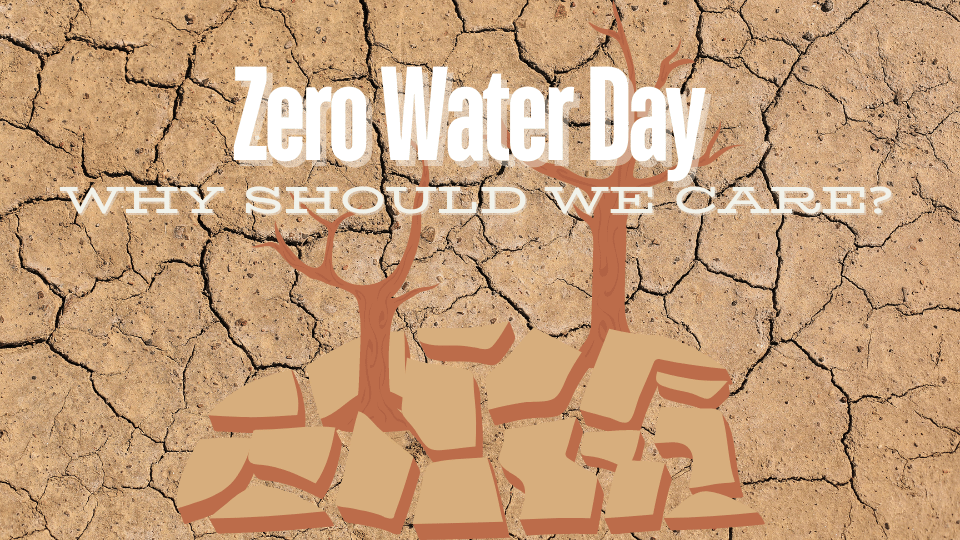
Zero Water Day – Why we should care?
OYF Team Sep 13, 2025 Environment & Sustainability 231
Day Zero is a term used to describe a day when a city or region has exhausted its water resources and is forced to shut off the water supply to homes and businesses. It's a dire situation that can have devastating consequences for the community.
Read More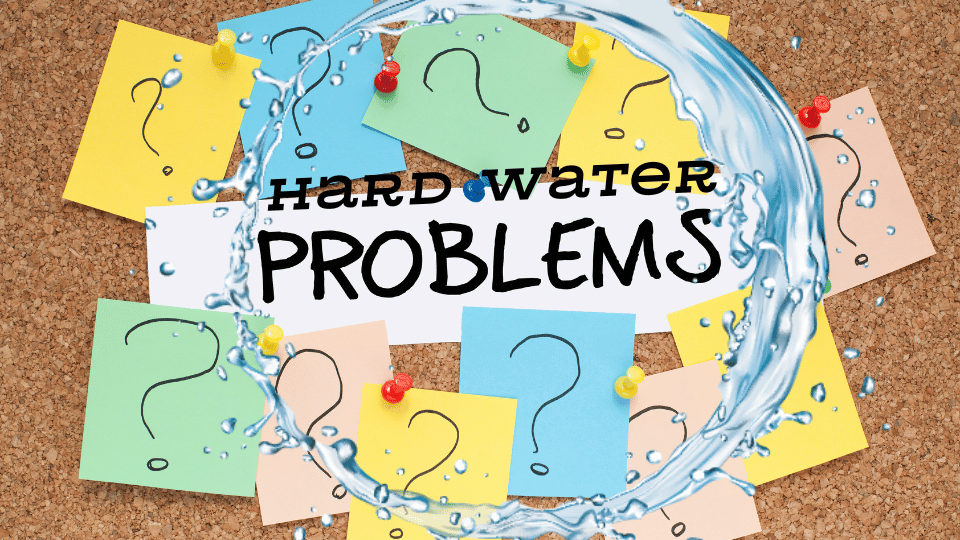
6 Major Problems Caused by Hard Water
OYF Team Sep 13, 2025 Awareness & Lifestyle 205
Hard water contains high levels of calcium and magnesium salts, which can lead to several issues in daily life. It reduces the efficiency of soaps and detergents, leaving behind scum and making cleaning difficult. Over time, hard water causes scale buildup in pipes, heaters, and appliances, reducing their lifespan and increasing energy costs. It can also leave spots on dishes, stains on clothes, and dryness in skin and hair, making it both a household and personal concern.
Read More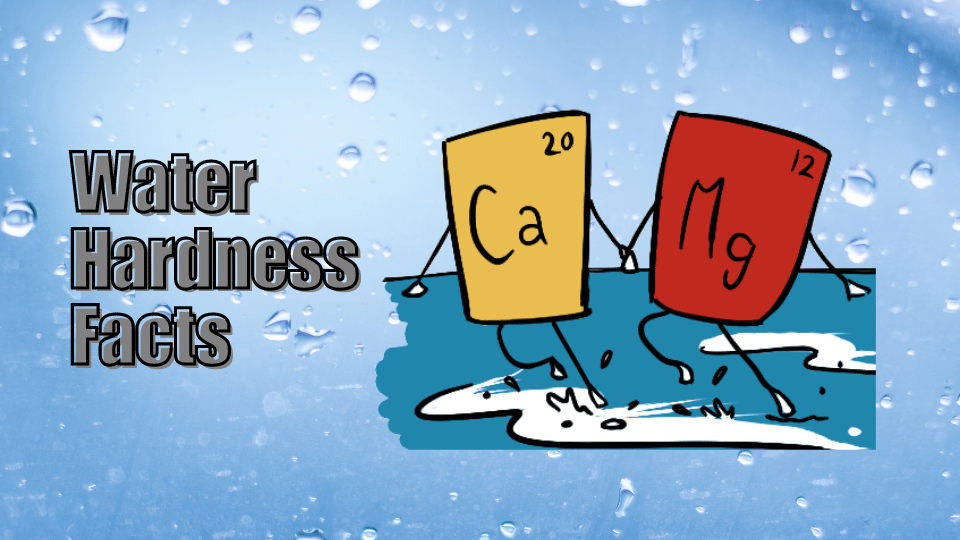
Water Hardness – 9 Facts You Must Know
OYF Team Sep 13, 2025 Awareness & Lifestyle 182
Water hardness is typically measured in terms of the concentration of calcium carbonate in the water, expressed in parts per million (ppm) or milligrams per liter (mg/L). The higher the concentration of calcium and magnesium ions in the water, the harder the water is considered to be.
Read More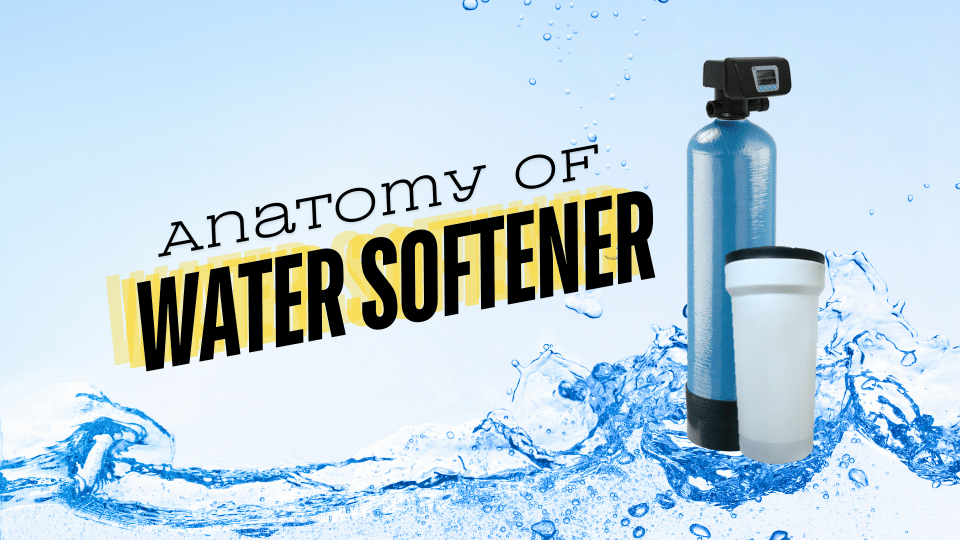
Anatomy of Water Softeners
OYF Team Sep 13, 2025 Awareness & Lifestyle 187
There are a few components that are essential for the softener, and without them, a softener cannot perform. In this article, we are going to discuss various components of water softeners, their utility, and their importance, which gives you a clear picture and understanding of water softeners.
Read More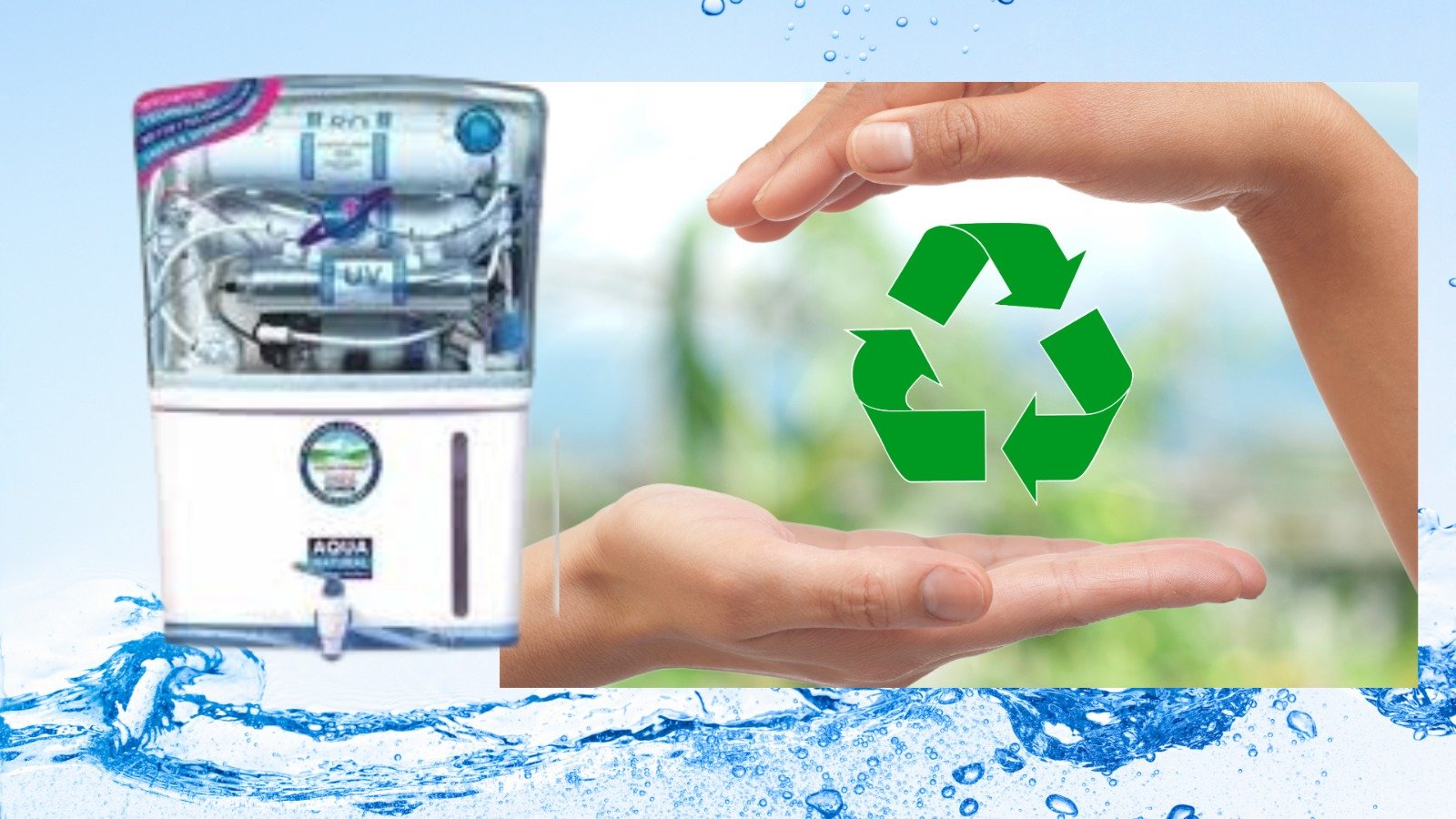
Completing the Water Cycle: Going Beyond Rainwater Harvesting
OYF Team Sep 11, 2025 Environment & Sustainability 263
Harvesting rainwater is a vital step in closing the loop on water use. But to complete the cycle, we must capture and reuse other overlooked sources of water. Together, they create a stronger, more reliable approach to conservation.
Read More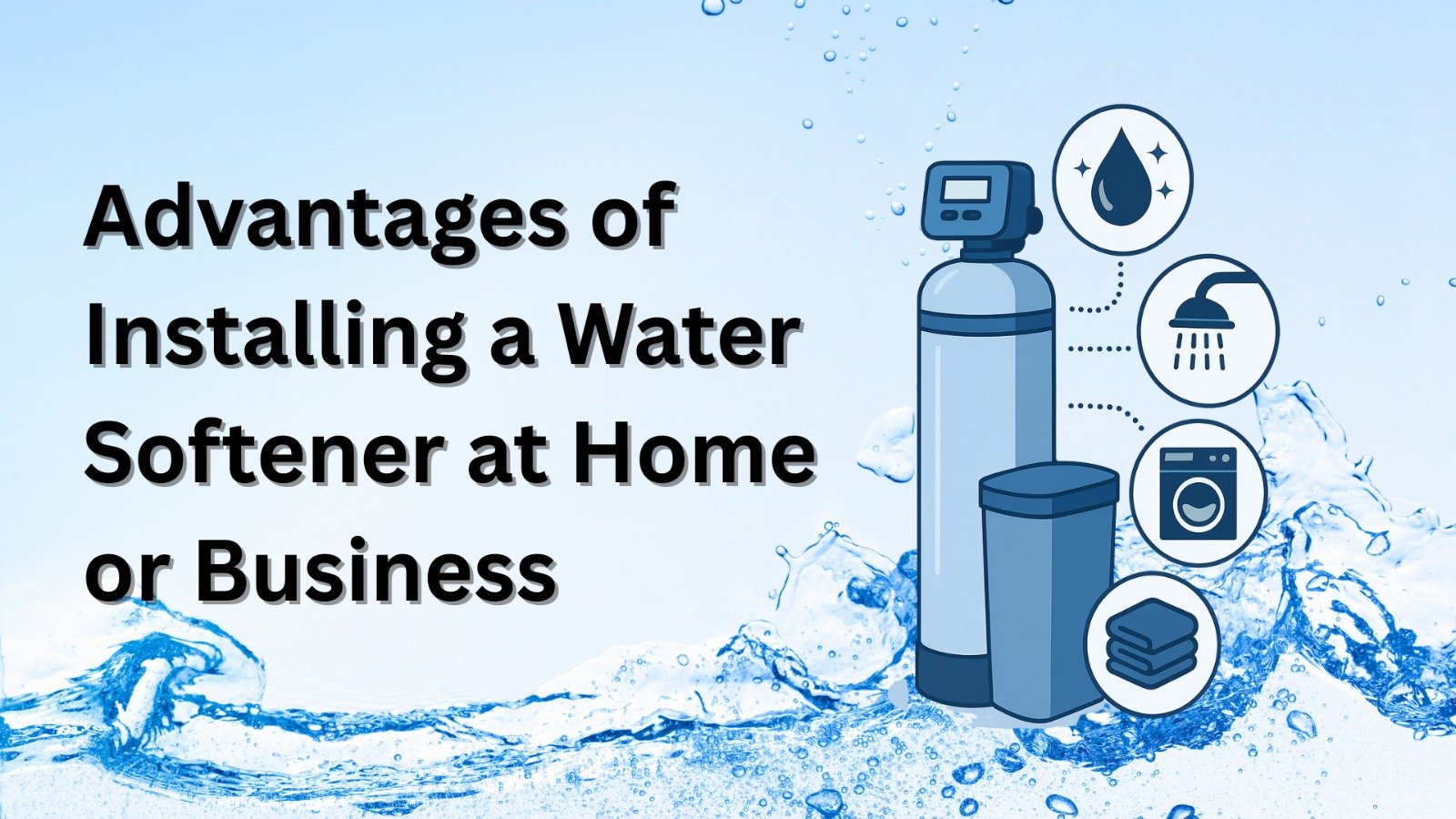
Advantages of Installing a Water Softener at Home or Business
OYF Team Sep 10, 2025 Awareness & Lifestyle 229
Hard water can damage appliances, increase energy bills, and leave your skin and hair feeling rough. A water softener solves these problems by removing hardness-causing minerals like calcium and magnesium.
Read More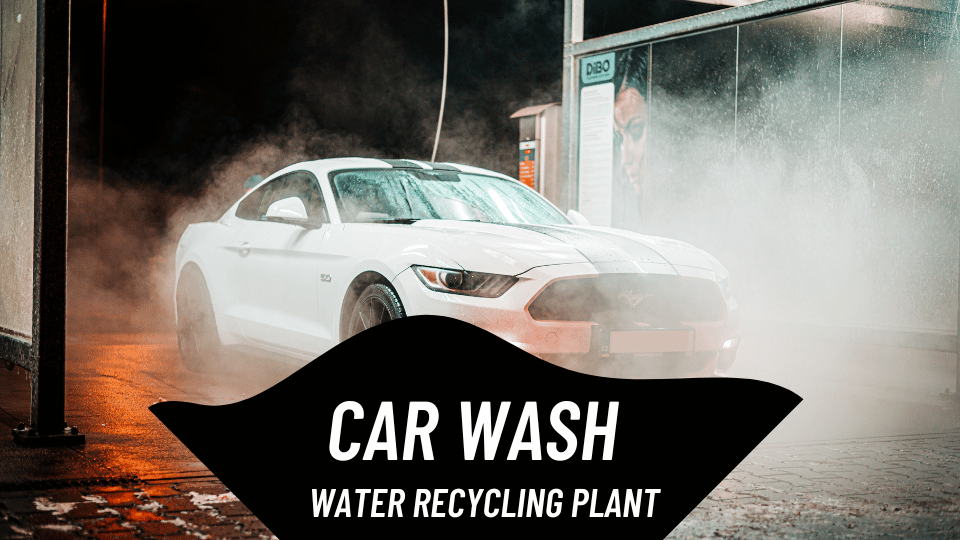
How Water Recycling Plants are Revolutionizing the Car Wash Industry
OYF Team Sep 02, 2025 Environment & Sustainability 186
Water recycling plants are revolutionizing the way car wash businesses operate by significantly minimizing water usage and reducing pollution. These advanced facilities utilize cutting-edge technology to treat and reuse water, allowing car wash operators to recycle and conserve a substantial amount of water during each wash cycle.
Read More
The Ultimate Buying Guide: How to Choose the Best Water Softener for Your Home
OYF Team Aug 29, 2025 Awareness & Lifestyle 278
When it comes to picking the right water softener, there are several factors to consider, such as water hardness levels, the type of system, and your budget.
Our comprehensive guide will walk you through each of these aspects, helping you make an informed decision. Whether you're a first-time buyer or looking to upgrade your current system, we have got you covered.
